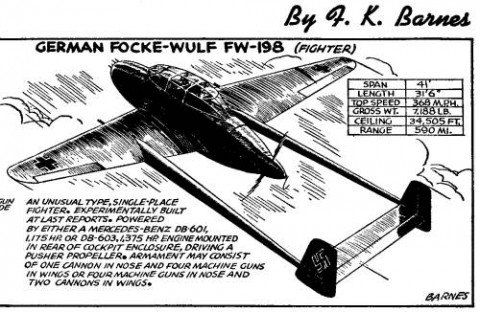Acquisitions
Hamish Blair. 1957. Edinburgh and London: William Blackwood & Sons, 1930. Something a bit different — an air control novel, instead of a knock-out blow one; India ablaze instead of London. As the dust-jacket ominously says, ‘1857: Indian Mutiny. 1957: ?’ Luckily 1947 came first. John Ramsden. Don’t Mention the War: The British and the […]

